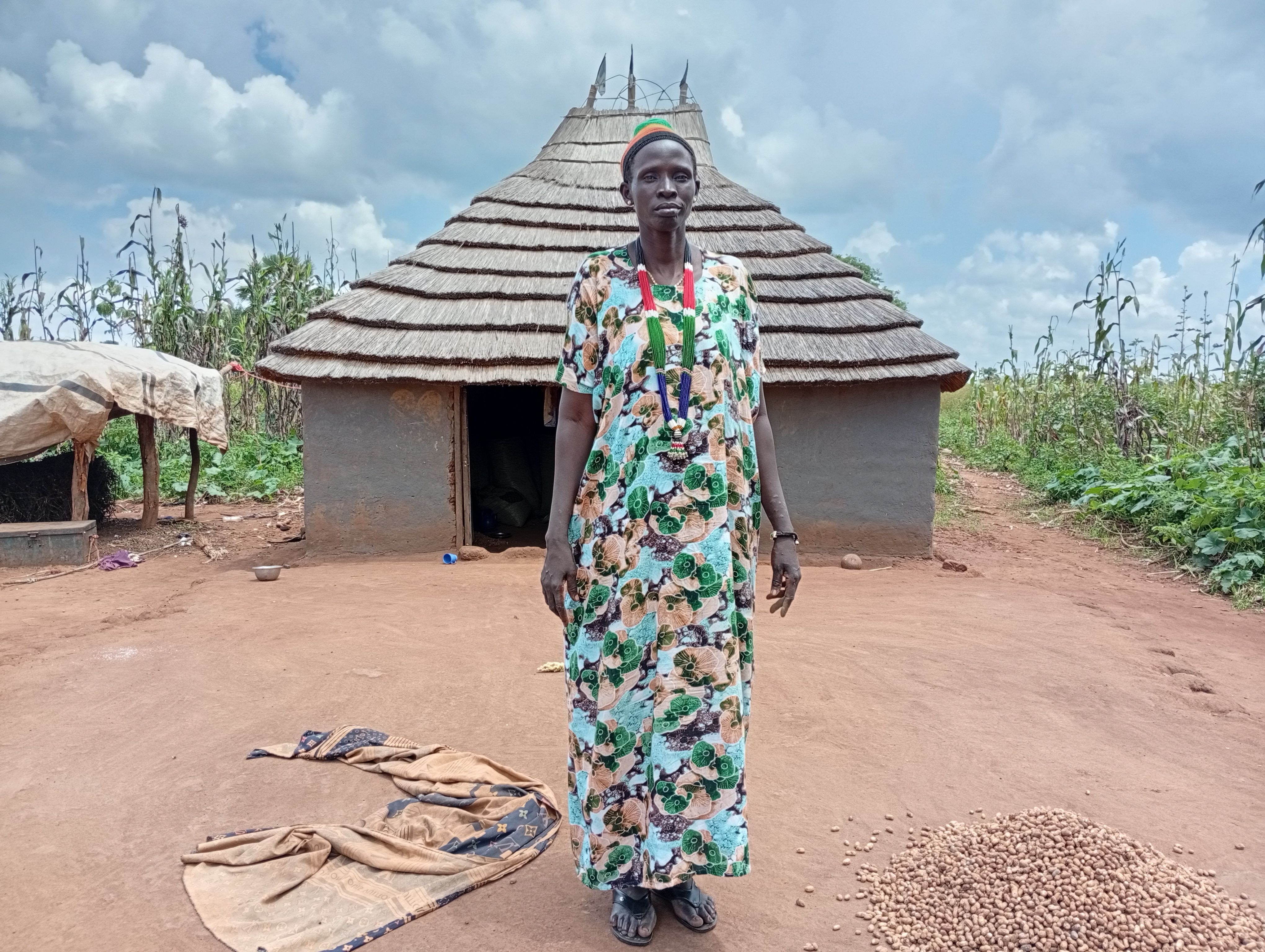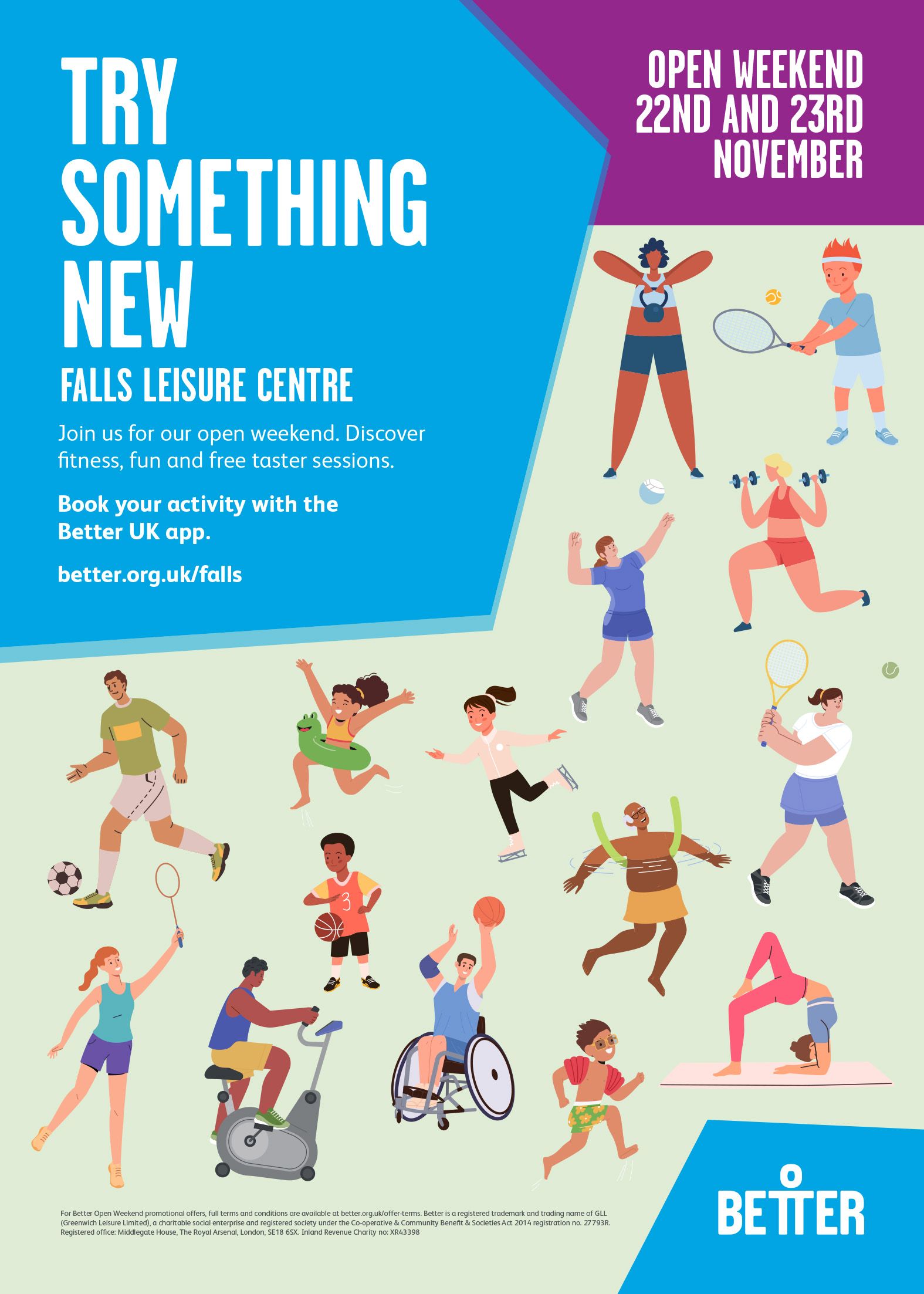A THREE year programme which has just come to an end in South Sudan has changed thousands of lives for the better Trócaire has said. The programme was made possible by donations during Trócaire’s Lent Appeal 2021 from the public here at home which were matched pound for pound by the UK government through the UK Aid Match initiative. This resulted in an extra £2 million pounds in funding. Mary and her children harvesting their groundnut crop
The programme provided vital support for families to rebuild their lives and become self-sufficient in a country that has been plagued by conflict and the effects of climate change. Families who didn’t have enough food are now able to grow enough to feed themselves and sell the surplus, have improved access to clean water and have been supported to start the psychological recovery from the effects of the conflict.
One of the people who have seen the benefits of taking part in the programme is Mary.
Mary is a mother with nine children and before the programme she lived each day wondering how she would feed her family. Her life was a constant battle against floods, drought and conflict. One year, heavy rains washed away her crops and the next was a boiling heat that burned her farm. As communities were repeatedly displaced because of the conflict, the struggle for survival intensified.
Women and children bore the heaviest burden. There was limited access to clean water and malnutrition was common, especially among mothers and young children. Traditional farming methods failed in the face of the changing climate and food was scarce.
Insecurity and displacement limited movement and access to basic services, while early marriages, domestic violence and child labour became common in a community struggling to survive.
“I remember sometimes my children went to bed without eating anything, there were no seeds to plant, no tools to use and no money to buy either,” Mary said.
Hope arrived in 2022 through the UK Aid Match programme which began working in Mary’s community. The project aimed to strengthen families' recovery from years of crisis by improving livelihoods, food security, access to clean water and protection for women and girls.
Through the project, Mary received agricultural support training on modern farming techniques and was provided with seeds and tools to help her restart her life. Programme workers visited her farm regularly, demonstrating improved planting, soil management and water conservation methods.

Her community handpumps were rehabilitated, giving access to clean and safe water for the first time in years, which reduced water-borne diseases for children and the burden of long walks to distant water points for women and girls. Mary joined a Village Savings and Loan Association (VSLA), where she learned how to save, borrow and manage money.
The VSLA became a platform for women like Mary to build confidence, share ideas and support one another. Her group has established a social support fund to pay school fees for orphaned children in the community, a powerful act of solidarity born out of empowerment.
“I didn’t know anything about saving before, but now, I save every week and take small loans to pay school fees for my six school-going children.”
Beyond farming and finance, the project also established Women and Girls’ Safe Spaces where Mary participated in psychosocial support and life skills activities where she learned about gender equality, gender-based violence prevention and how to speak up for herself and other women.
“I used to be quiet about my struggles, but I have confidence now to talk about my rights, and I support other women to know theirs too,” Mary said.
The sessions also facilitated survivors of violence receiving support services, restoring their sense of safety and self-worth.
Through continuous community engagement under the UKAM programme, life has slowly improved. Early and forced marriages have reduced replaced by a growing enrolment of girls in schools. Cases of diarrhoea and waterborne diseases have dropped as families adopted better hygiene practices and constructed latrines. Women have gained business and leadership skills, allowing them to take an active role in community decision-making.
“Since the start of the project, my farming skills have improved, and my harvest, especially groundnuts and sorghum, has increased. Now I can sell a surplus and keep my children in school without struggle,” said Mary. “I am grateful to the programme for helping us find our strength again. We can now feed our families and support each other to make a better future.”
Peter Heaney, Head of Region for Trócaire in Northern Ireland, says that this amazing programme was only possible through the collaboration between Trócaire, the public in Northern Ireland and the UK government. “We are so grateful to people here at home who donated to the Lenten Appeal in 2021. This programme has shown the positive change that can be possible if only people in countries like South Sudan had support as they face the huge challenges of conflict and climate change and which results in amazing stories like Mary’s.”
Trócaire Christmas Appeal is this year focusing on ‘Children in Conflict’ in places including South Sudan, Somalia, Gaza and Ethiopia. To find out more about the appeal and Trócaire’s work visit www.trocaire.org




